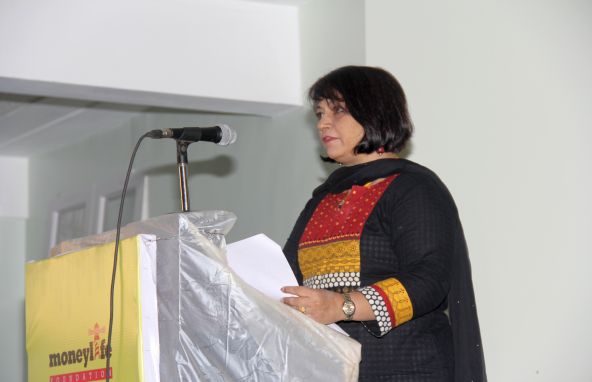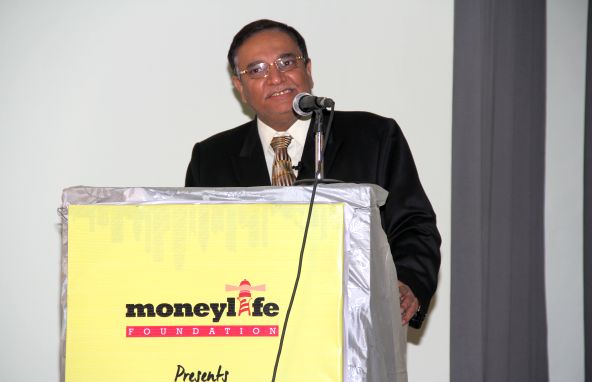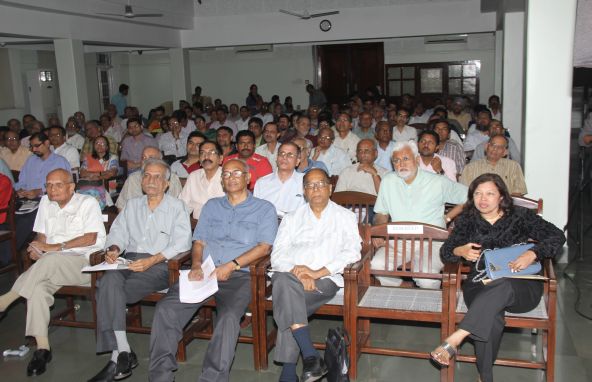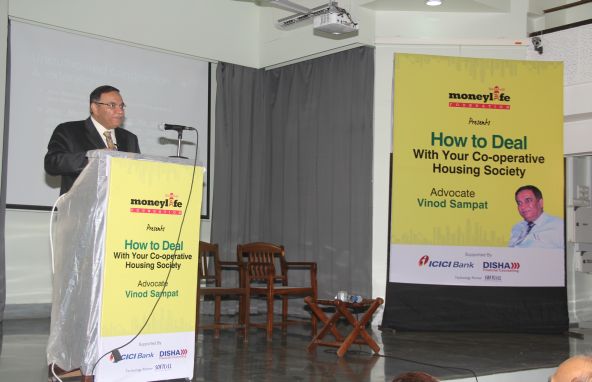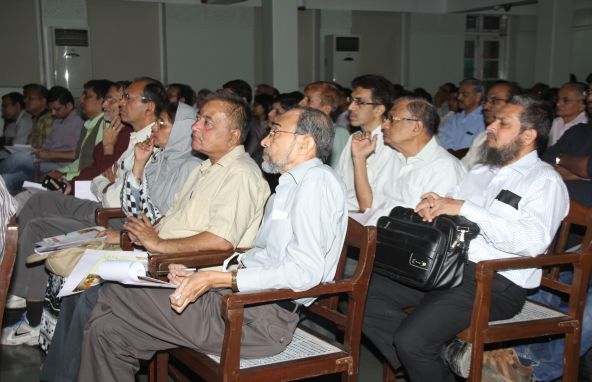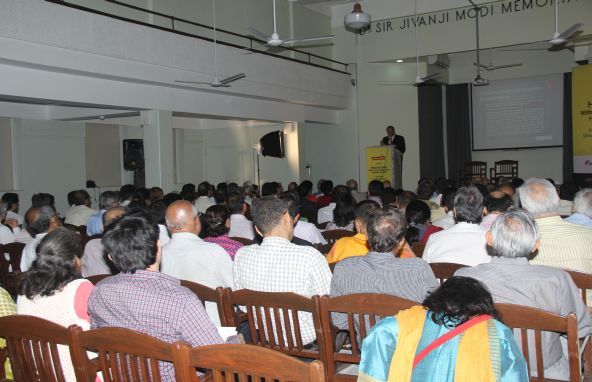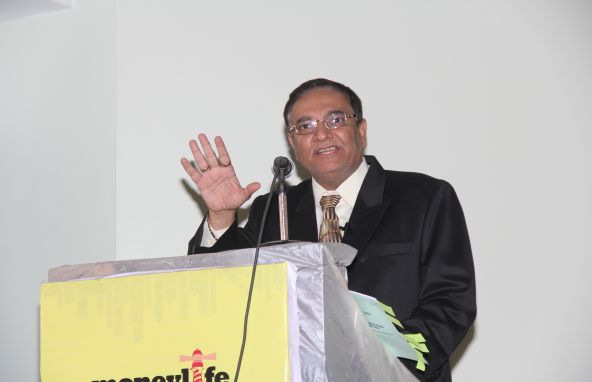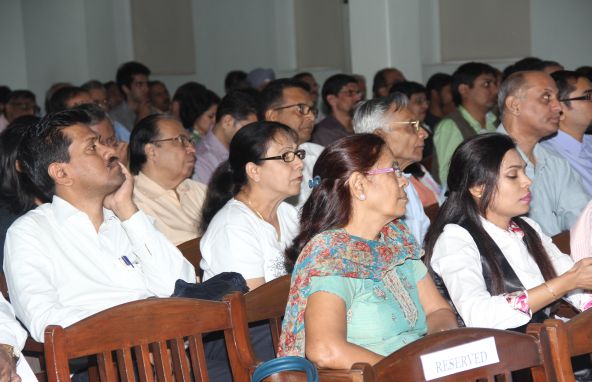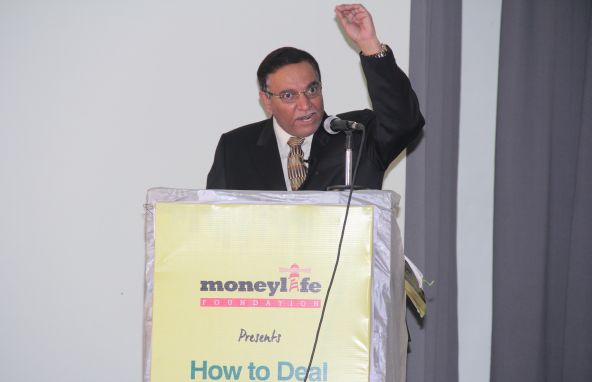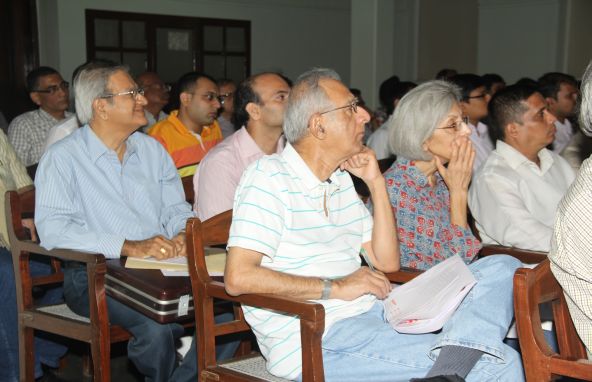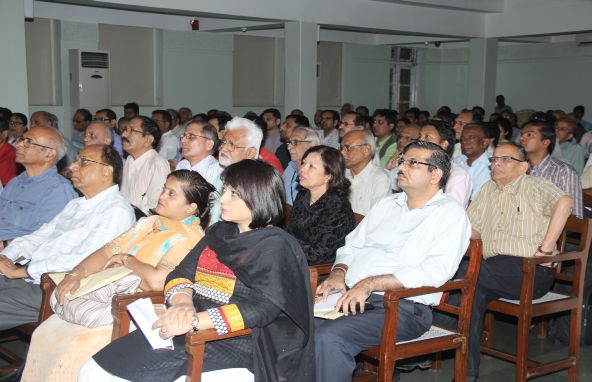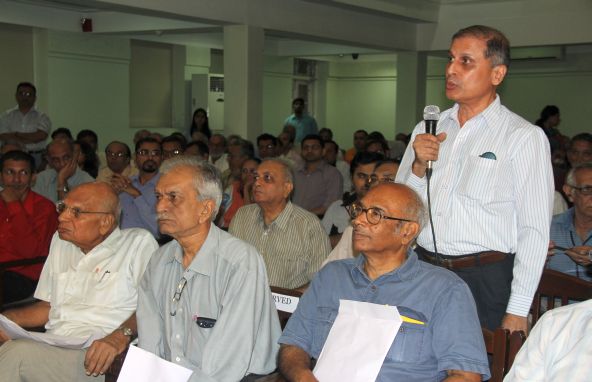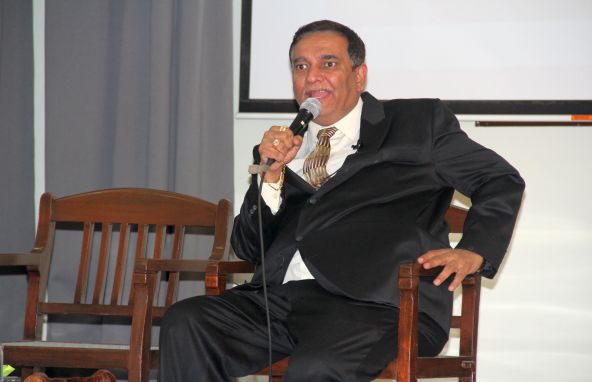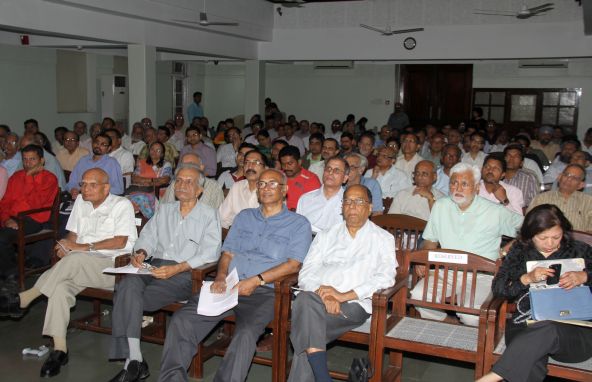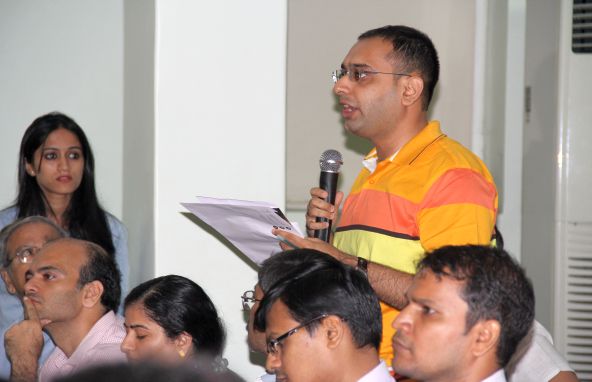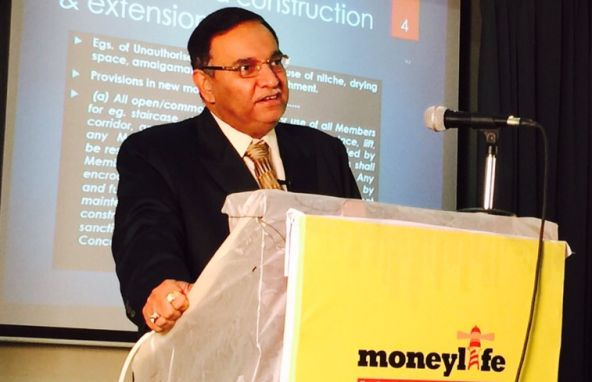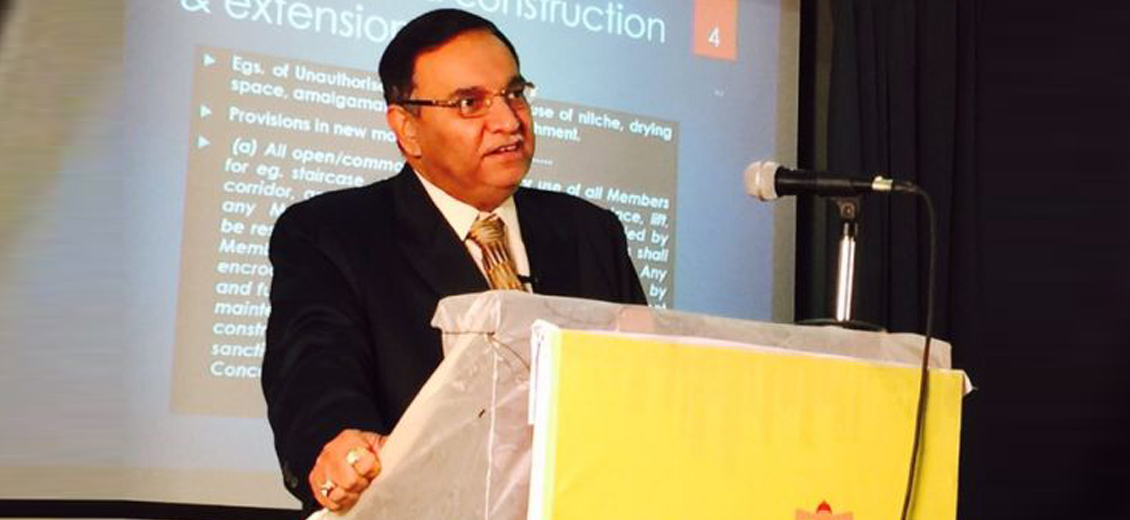
Many residents are not familiar with the workings of their cooperative housing societies (CHS), and are left confused while dealing with a variety of civic and legal compliances. In addition, most of the times, both the members as well as managing committee are left with bitterness that can be avoided altogether through discussion and compliance with the procedures.
Advocate Vinod Sampat, an expert in CHS matters, while speaking at a seminar organised by Moneylife Foundation, reiterated that common issues in any CHS could be resolved by discussion. “If this does not solve the issue, the complainant may have to raise it to appropriate authorities, like deputy registrar for cooperatives, consumer or cooperative court, municipal corporation and police,” he told a packed audience.
“However, in several issues with CHS, Consumer Courts have given most effective decisions. In fact the complainant can make it effective from day one by requesting for interim relief. For example, you can ask to transfer the property card in the society’s name in the interim in your case for the conveyance,” Adv Sampat said.
Sometimes, there are disagreements between housing societies and individual apartment owners, as well as outsiders. However, many individual apartment owners are at a loss as far as grievance is concerned and do not know how to proceed with their complaint. There are several issues in a CHS, like car parking, leakages, fraudulent auditing, unauthorised construction (like Campa Cola), and many other issues. Homeowners need to know as to what is the right recourse to take action and to ensure that their rights are upheld.
Talking about responsibilities and rights of management committee and members in a housing society, Adv Sampat said, “Use video recording for each meeting. Take advantage of technology to put a cap on the powers of the managing committee. In addition, societies cannot make a member shut down a shop or beauty parlour she is running in her own flat. Lastly, make a Will about your property so that your heir and relatives can get their due.”
He further spoke on conveyance and re-development. “Unfortunately, the real estate sector is unregulated, and few people have knowledge about its various laws. And even fewer can stand up to the powerful builders’ lobby,” he added.
The Campa Cola episode shows that co-operative housing societies must exercise due caution, when it comes to maintaining and ensuring that their buildings comply with the law.
As per the provisions of section 11 of the Maharashtra Ownerships Flats Act (MOFA), the promoter is duty-bound to complete his title and convey the same to the organisation of persons who had bought the flat (i.e. cooperative society, CHS, home buyer, apartment owner, etc). The conveyance has to be executed and the promoter or builder has to deliver the title relating to the property. It is also the duty of the promoter to file a copy of the conveyance with the flat purchasers and the competent authority under section 11(2).
You may also want to read…
Cooperative housing societies: Common issues and solutions
http://www.moneylife.in/article/cooperative-housing-societies-common-issues-and-solutions/35303.html
How to buy home or flat in Mumbai safely and smartly
Redevelopment of old building: Here is checklist for home owners, CHS office bearers
Deemed conveyance: Who is responsible, CHS or the builder?


